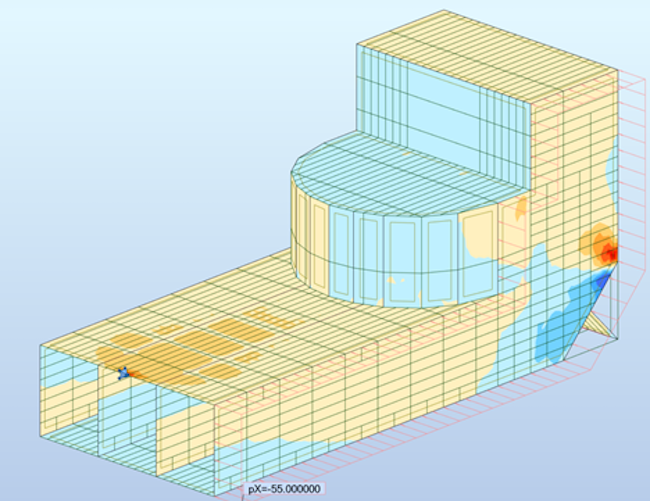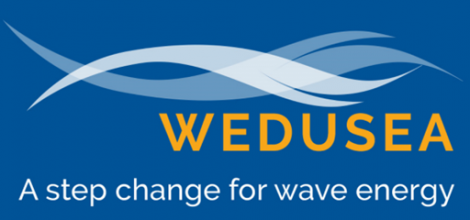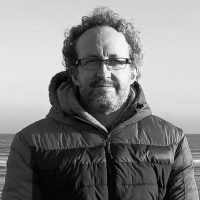
Enabling the development of wave energy through data driven analysis and research
By William Flynn and Dr Michael O’Shea, UCC MaREI Centre
The instrumentation and data acquisition design for WEDUSEA is being led by researchers from the Offshore Renewable Group within MaREI, the SFI Research Centre for Energy, Climate and Marine, coordinated by the Environmental Research Institute at University College Cork (UCC).
UCC MaREI are active members of a number of professional networks and programmes including Ocean Energy Europe, Ocean Energy Systems and the European Energy Research Alliance.
A primary objective of the WEDUSEA project is the demonstration of the 1MW wave energy converter (WEC) and to demonstrate the potential for offshore renewable wave energy to make a significant contribution to the EU Green Deal target, the aims of which are to reduce greenhouse gas emissions in the EU by 55% by 2030 from 1990 levels, and to become climate neutral by 2050.
UCC’s Role in WEDUSEA
As part of the WEDUSEA project consortium, and in collaboration with other project partners, UCC is primarily responsible for the selection of the appropriate instrumentation, sensors and data acquisition (DAQ) equipment for the OE35 Buoy and management of data signals from the same.
This includes the continuous monitoring of a wide range of measurements, ranging from environmental, navigation and meteorological parameters to structural, electrical and power parameters. Such signals for example from the navigation instrumentation and other relevant instruments, sensors, SCADA and safety systems on the OE buoy will be used to ensure its safe and optimal operation. UCC will manage and co-ordinate the data communications and telemetry system requirements for the transfer of data from the OE buoy to the data storage facilities at Billia Croo and subsequently, the procedures and resources for data storage, access and data processing.
In addition to the instrumentation brief, UCC will also host a PhD researcher focussed on advanced structural analysis of the OE 35 and its mooring system utilising Finite Element Analysis (FEA). Principal Investigator and Lecturer in Structural Engineering at UCC, Dr. Michael O’Shea said “While this project is primarily a demonstration of wave energy device at scale, there is an exciting opportunity to examine important research areas such as mooring snatch loading and wave slamming in extreme conditions. Due to the harsh environments real data on such offshore installations is very rare and within this research we hope to shed light on the nature of these loading scenarios. This will ultimately lead to more robust and efficient structural design of WECS.”

In a recent collaboration with TEAMER (which is the U.S. Department of Energy’s research program Testing Expertise and Access for Marine Energy Research), UCC carried out tank testing with Applied Research Associates at the Ohmsett Test Facility, New Jersey USA in May 2023. The facility provides an outdoor ground concrete test tank, which is one of the largest tanks in North America, measuring 203 meters long by 20 meters wide and 2.4 meters deep. Tank testing was conducted on an Ocean Energy (OE) 1:15 scale model prototype of the OE35 buoy wave energy converter (WEC) to study its operational and structural performance in extreme waves.
Although wave energy may still be at an early-stage relative to other renewable energy alternatives such as solar and wind, wave power has far greater energy density than wind or solar and thus has the potential to generate a significant amount of clean and sustainable energy.
More information.





